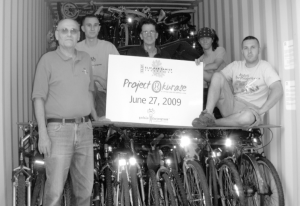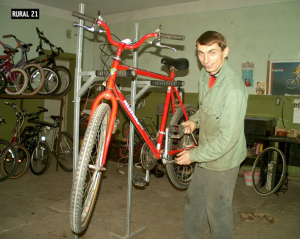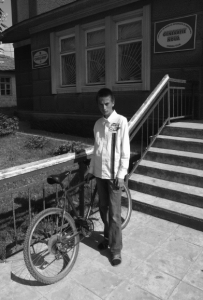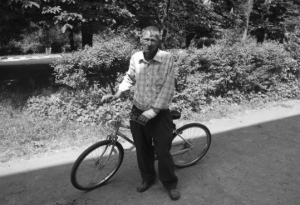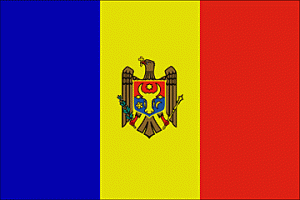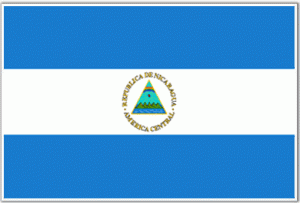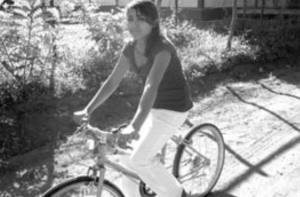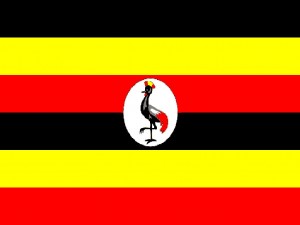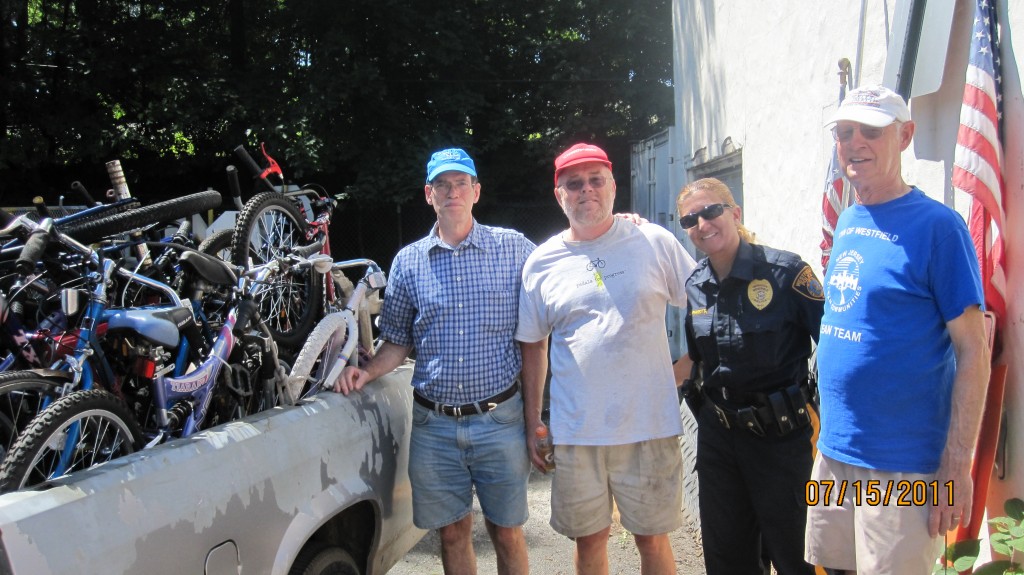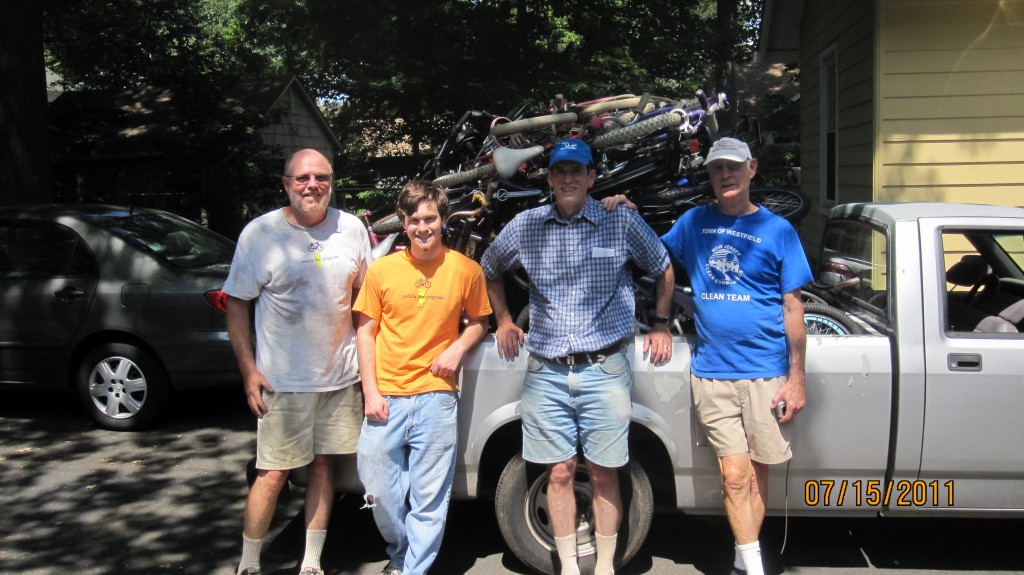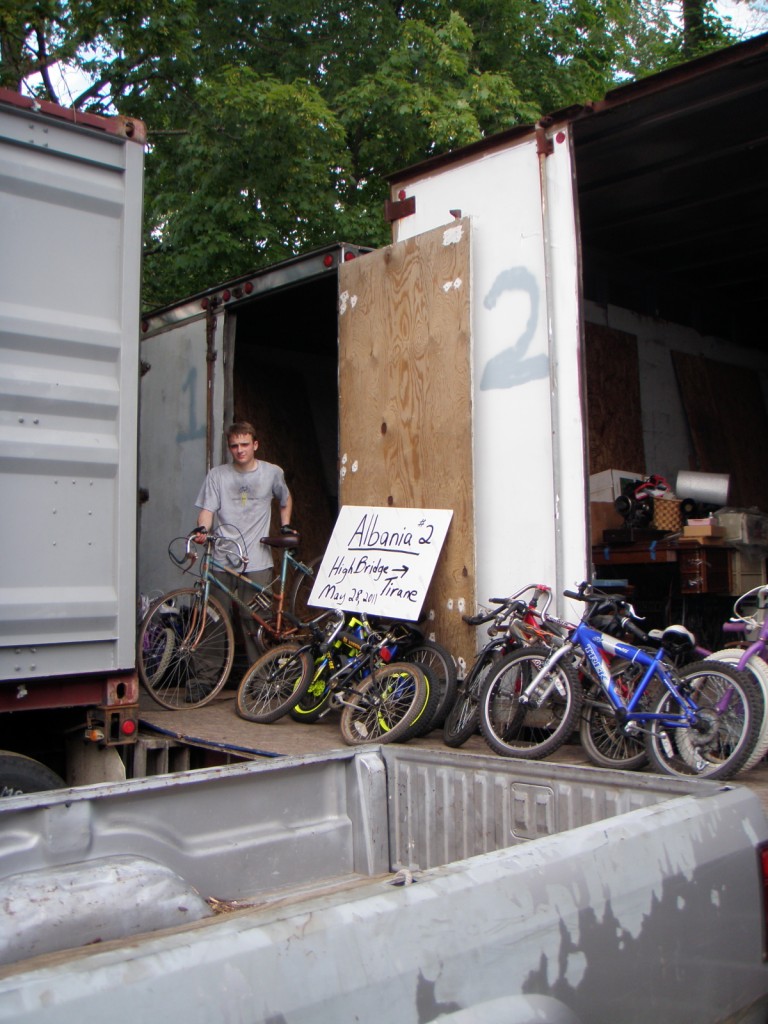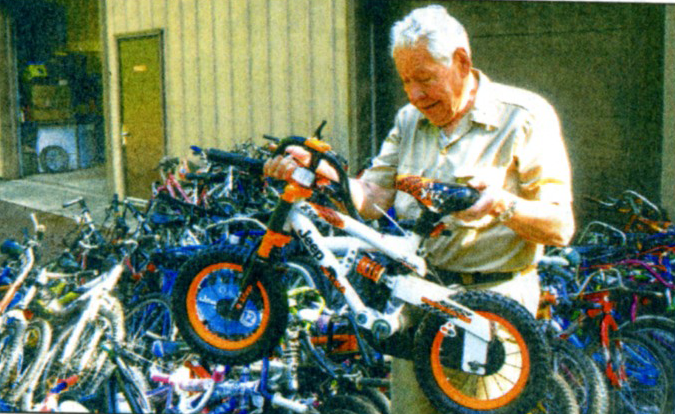Fall 2009 InGear
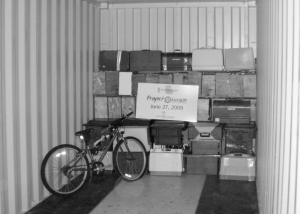 A member of the Board of Project OKURASE contacted P4P earlier this year specifically looking for the donation of sewing machines. P4P was very interested in the project and wished to be of assistance. Through the good graces of our Ghanaian partner, WEBikes, we were able to get twelve sewing machines delivered to Project OKURASE. While this first donation has initiated the sewing job skills training program, it quickly became evident that the need was much greater.
A member of the Board of Project OKURASE contacted P4P earlier this year specifically looking for the donation of sewing machines. P4P was very interested in the project and wished to be of assistance. Through the good graces of our Ghanaian partner, WEBikes, we were able to get twelve sewing machines delivered to Project OKURASE. While this first donation has initiated the sewing job skills training program, it quickly became evident that the need was much greater.
P4P had fifty sewing machines that we wished to ship to Okurase, which included 3 manual foot pedal machines donated by Furniture Assist, a New Jersey nonprofit which collects used furniture that is donated to disadvantaged families in New Jersey. The standard problem presented itself; the goods were available here, needed there, but how to pay for the transportation costs.
The cost to airfreight sewing machines is very prohibitive. In fact the cost to ship these fifty machines air freight is not that much less than the cost of shipping a full container of bicycles. This is where Joey Penman, a strong supporter of Project OKURASE, and the Clif Bar Family Foundation, a major supporter of Pedals for Progress, came in. Together they donated enough funding that added to existing Project OKURASE funds made it possible to ship not only the fifty sewing machines, but to allow P4P to place those machines in among a full container of bicycles. Certainly receiving an unexpected 480 bicycles in addition to the 50 sewing machines will greatly change the small village of Okurase, located in the West Akyem district of the eastern region of Ghana.
The four overarching goals of Project OKURASE are to develop:
- A family-based model of caring for orphans and vulnerable children.
- A model for job and skills training for youth, young adults, and women in the arts and building industry.
- A model for family and village-based formal education with special emphasis on female children.
- A model for a community of green design or sustainable architecture.
For more information: Project OKURASE Economic Self-Sufficiency

